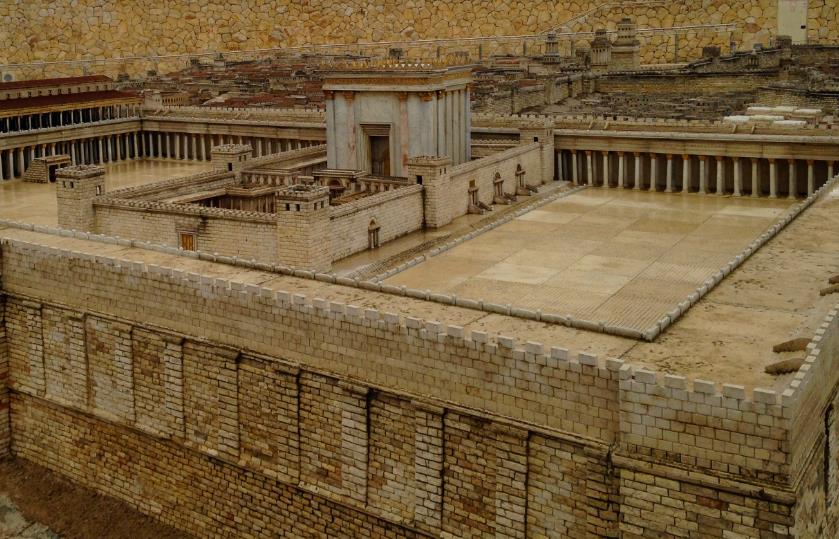Israel stands at the crossroads of history and modernity, a nation-state born out of an ancient dream to return to a homeland and the harsh realities of contemporary geopolitics. The question of whether Israel is a Jewish ghetto or a Hebrew kingdom in its ancestral land is not just a matter of semantics but a profound inquiry into the soul of a country that has been at the center of global attention since its inception.

The Historical Tapestry
The narrative of Israel as a nation is woven with threads of ancient history and the aspirations of a people dispersed across the globe. The vision of a Jewish homeland, rooted in biblical promises and centuries of yearning, was realized in the aftermath of unspeakable tragedy. Yet, the establishment of this modern state was met with immediate resistance, setting the stage for ongoing conflict and debate about its identity.
The term “ghetto,” with its connotations of oppression and segregation, is juxtaposed against the concept of a “kingdom,” which implies sovereignty and cultural flourishing. Israel’s struggle to reconcile these two images is evident in its domestic policies, international relations, and the daily lives of its citizens.
A Society in Reflection
Israeli society today is a microcosm of global Jewry, with influences from every corner of the diaspora. This diversity is both a strength and a source of tension, as varying interpretations of what it means to be a Jewish state collide. The debate extends beyond religious and secular lines, touching on the very essence of national identity.
The question also arises in the context of Israel’s democratic values versus its Jewish character. How the state balances these sometimes competing ideals is a litmus test for its future as either a “ghetto” or a “kingdom.” The answer lies not only in political discourse but in the lived experiences of its people.
The International Arena
On the world stage, Israel’s legitimacy as a nation is continually scrutinized and challenged. The portrayal of Israel as a “ghetto” is often used by its detractors to delegitimize its right to exist. Conversely, the image of a “Hebrew kingdom” is championed by those who see Israel as the fulfillment of an ancestral promise and a beacon of democracy in a tumultuous region.
The international community’s perception of Israel influences its policies and the peace process. The path Israel chooses to navigate these complex waters will determine whether it is seen as a refuge for a persecuted people or a sovereign nation confident in its historical and moral mandate.
